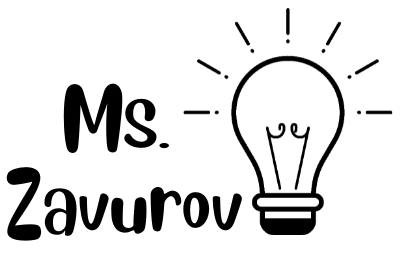Teacherize Technology
I want to share an experience I had two summers ago as an Astor Fellow exploring school-edtech partnerships in the startup nation, Israel. Sixteen highly accomplished New York City public school teachers were hand picked to travel to Israel for free, sponsored by the generous Astor Foundation. The goal of the fellowship was to explore how educational technology is created and implemented in a school culture different from our own, having in mind the perspectives, identities, needs, and socioeconomic and geopolitical circumstances of the diverse population of Israel. The entirety of the public school system in Israel is comparable in size to the New York City public school system, and the unique partnerships between the public and private sectors serve as a tangible model worth emulating.
The central event of the fellowship was the SEL challenge, a one year national competition for startups to develop technological solutions enabling 7th grade English and Science teachers to teach in a way that promotes personalized social-emotional learning, for each and every student in their class. The winners then get to work with six different public schools throughout Israel to field-test and refine their product using student and teacher feedback. On our second day of the fellowship, we were introduced to five of the six early startups. They excitedly pitched their ideas, like a shark tank for edtech. From a spoken English simulator and automatic speech recognition technology to an immersive metaverse that explores life underwater, these early edtech startups were extremely impressive to say the least. My colleagues and I were able to identify a winner fairly quickly, which matched who the competition named as a winner just one week later! Our lead professor noted that it was amazing to see an entire year of evaluation by a large organization happening within six minutes with sixteen highly accomplished teachers!
What can we learn from this? With their distinctive skill set, teachers have the power to transform technology. Our entire profession is geared toward designing the most “user-friendly” experience for our students. Whether it’s our classroom environment, notes on a powerpoint slide, or a stations activity, our north star has and always will be to create engaging and effective learning experiences. It is no different from evaluating an app that promises to facilitate social emotional learning in various content areas. The time we are living in presents a golden opportunity to "teacherize" technology- to inject the makers, movers and shakers of the edtech world with OUR input first, not wait for Silicon Valley to create a product, sell it, and then have it tested out in our schools, only for it to fail miserably.
My experience in Israel presented countless examples of teacher centered edtech product development. One particular example is the edtech accelerator in the Negev Desert called MindCET. It is a nonprofit organization that seeks to close the gap between startups and educators by directly involving teachers from the local underprivileged schools to design products that meet the needs of their students. One of the products it produced is called Full Proof, an app for teaching and assessing geometry proofs. A local math teacher designed it, as he felt a need to spend less time grading the proofs by hand, and more time clarifying misconceptions and building on students' knowledge through this digital interface. The result- student understanding improved tremendously and the teacher's workload lightened up.
When teachers are placed at the center of innovation, when their pedagogical and classroom needs are seen and heard, better solutions are produced. Despite the constant advancements in technology that pour into every aspect of our lives, we have control over how it spills into our classrooms and affects our pedagogy. I guess what I’m trying to say to my fellow teachers is that your input matters. Don’t ever forget that.

